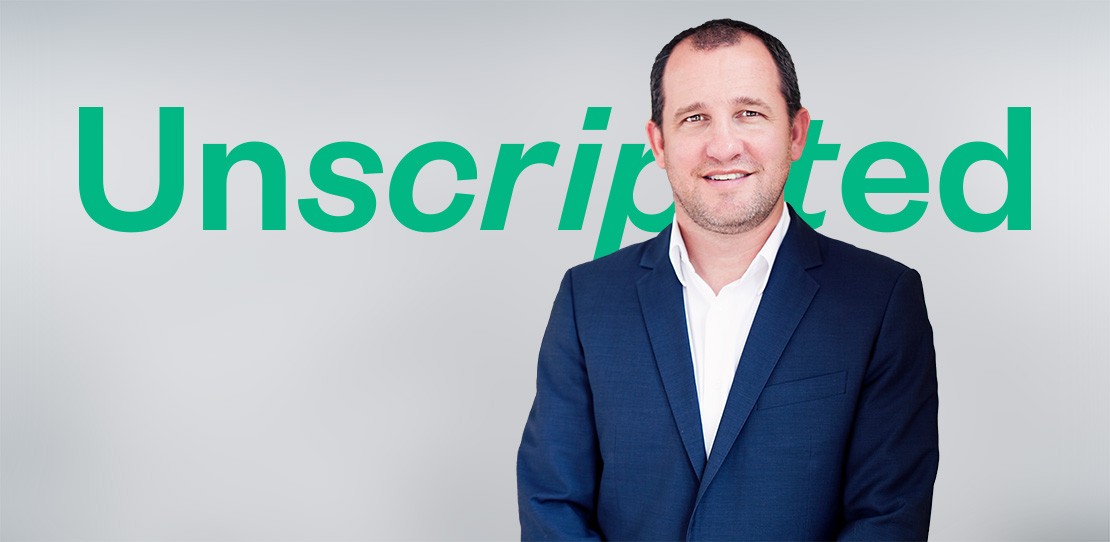
Engineering Education from a Distance
Remote learning is more critical than ever. So let’s talk with one of the engineering education industry’s remote learning pioneers.

Richard Sear has over 25 years of experience leading Frost & Sullivan’s integrated solutions and offerings, including digital solutions, professional services and data analytics. He leads their technology and innovation client-facing practices, including many of the world’s leading automotive manufacturing and mobility companies. Richard talks the future of automotive in a brief but unscripted interview.
If you want to hear Richard’s expert opinion on what the next 5-10 years look like for automotive, what common misperceptions about the future of mobility are, and of course, how test impacts this future – then jump right in.
Test plays a very crucial role. None of these innovations in the future will happen without strong advancements, especially around, in my opinion, at least, noise and vibration testing.
-Richard Sear
My name is Richard Sear. I work at Frost & Sullivan and I am a senior partner and chief solutions officer here.
When you move from Southern England to Texas, where I've now been for 20 years, suddenly that becomes an Australian accent. I've been called Australian now probably every day for the last 20 years by somebody.
I think the most interesting part is probably the trends work that we do. I absolutely love digging into social dynamics of what makes humans love, learn, and tick.
Well, automotive probably makes up about 40% of the work that we do. You probably could not name an automotive manufacturer that we have not worked with.
So I have a nine and an eight year old, and then our experience and mobility is going to be drastically different to my 17 year old, who already owns a car and drives around in a traditional car. By the time my kids come to age, that car will be fully autonomous without question. Within most regions, suddenly States within the U S predominantly the vehicle by that point, most likely at least be cheaper in electric format than they are in traditional petrochemical. So very, very different. They will be significantly safer and I will feel more comfortable with them driving than I do my son. Although, he's a very good driver.
I think the two most common misperceptions are that gasoline is a dead product within the mobility space where everything therefore needs to shift to electric. And the second one would be that Millennials and Gen Z have driven society to not want to own things.
I think absolutely we will see mobility, go vertical - don't like the term flying cars - but going vertical, absolutely. 100%. In terms of rapid transportation mechanisms, I'm not convinced with Hyperloop, I'm much more of a fan super high speed trains. And I do think we'll see very high speed trains that will exceed well over 200 miles per hour.
Testing affects it dramatically. Most likely we're looking at solutions that will move people faster. So what does that do? That increases noise and it increases vibration. Test plays a very crucial role. None of these innovations in the future will happen without strong advancements, especially around, in my opinion, at least, noise and vibration testing.
To get into the kind of work that I'm doing. I think the number one thing that you have to be is curious. And by curiosity, I mean that you have an open mind to absolutely everything and you have to be willing to have your mind changed because of the things that you're seeing and feeling.
Diversity is everything about what we do. I mean, I could not be any clearer about it, whether that be gender-based racial based, all of that must be integrated into what you do, or you cannot hope to have an innovative outcome.
By its nature. Humans want the same kind of outcomes. We want happiness. We want love. We want peace. We want companionship. We want collaboration. And so it's incredibly insightful to see that over the thousands and thousands, tens of thousands of years, that humans have been around. Really, we haven't actually changed all that much at our core. And so the hope that I have is that that course not going to change because of politics or viruses or what have you. I still believe that 99.9% of the world want the same thing.